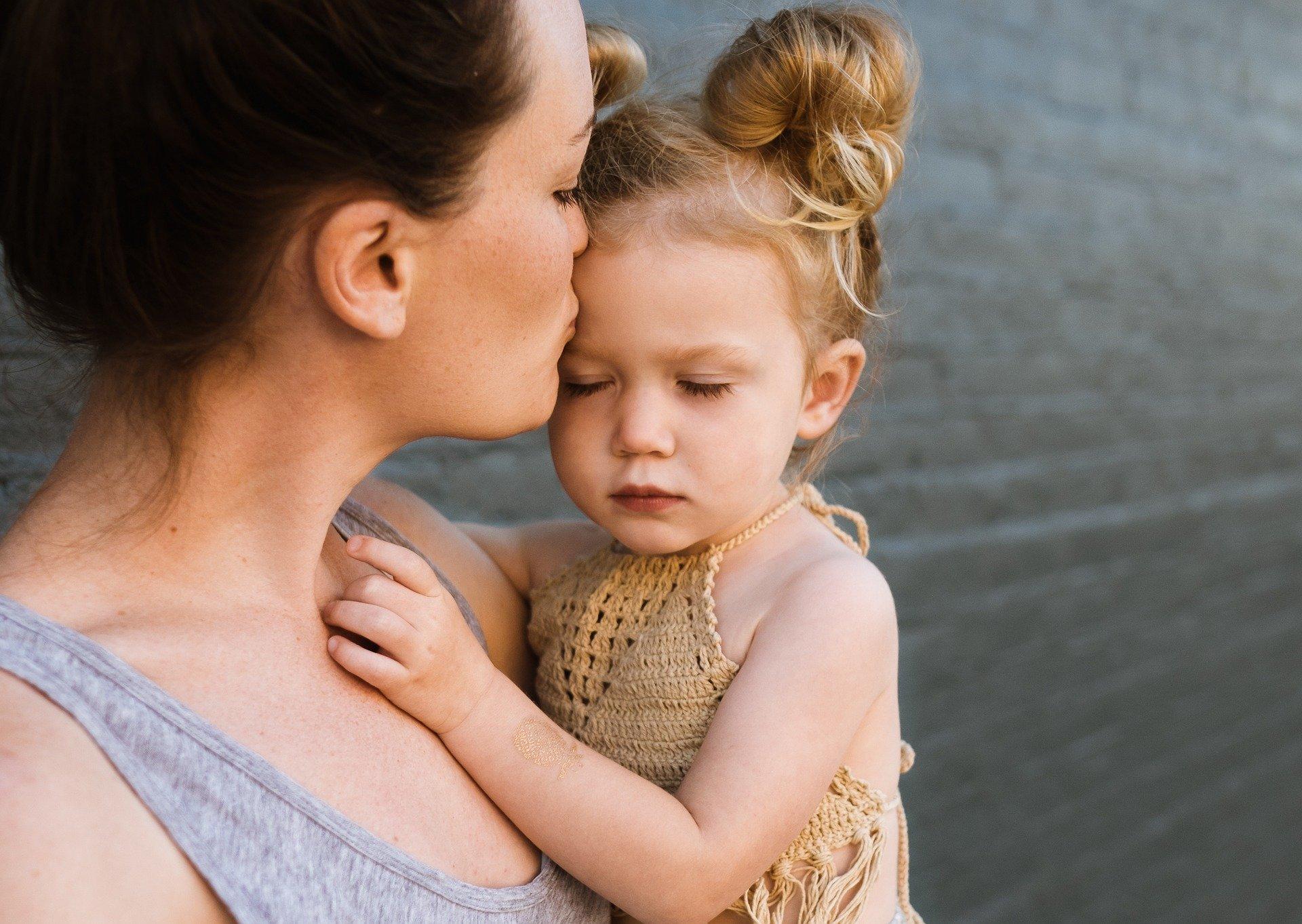Explore the World's Best Ideas
Join today and uncover 100+ curated journeys from 50+ topics. Unlock access to our mobile app with extensive features.
If we're not careful, this can become our primary goal. We may find ourselves joining all those people around us who prize docility in children and value short-term obedience above all.
ALFIE KOHN
423
5.95K reads
I realized that this is what many people in our society seem to want most from children: not that they are caring or creative or curious, but simply that they are well behaved. A "good" child---from infancy to adolesence---is one who isn't too much trouble to us grown-ups.
ALFIE KOHN
440
5.25K reads
There's a big difference, after all, between a child who does something because he or she believes it's the right thing to do and one who does it out of a sense of compulsion. Ensuring that children internalize our values isn't the same thing as helping them to develop their own. And it's diametrically opposed to the goal of having kids become independent thinkers.
ALFIE KOHN
423
4.43K reads
Few qualities are so important that we'd be willing to sacrifice everything else to achieve them. Maybe it's wiser to help children strike a balance between opposing pairs of qualities, so that they grow up to be self-reliant but also caring, or confident yet still willing to acknowledge their limitations.
ALFIE KOHN
406
5.18K reads
Conditional Parenting
We can love our children in different ways. The book looks at one such distinction---between loving kids for what they do and loving them for who they are.
The first is conditional, which means it must be earned by the children through acting in ways we deem appropriate, or by performing up to our standards.
The second sort of love is unconditional: It is given either way and is not based on whether they are successful or well behaved or anything else.
428
2.92K reads
Unconditional parenting
Conditional parenting is mainly rooted in the school of thought known as behaviorism, commonly associated with the late B. F. Skinner. Here, external forces, such as what someone has previously been rewarded or punished for doing, account for how we act.
Unconditional parenting assumes that behaviors are just the outward expression of feelings and thoughts, needs and intentions. In a nutshell, it's the child who engages in a behavior, not just the behavior itself, that matters.
408
2.6K reads
But unconditional parenting insists that the family ought to be a haven, a refuge, from such transactions. In particular, love from one's parents does not have to be paid for in any sense. It is purely and simply a gift. It is something to which all children are entitled.
ALFIE KOHN
412
4.61K reads
Differences between conditional and unconditional parenting
Conditional parenting:
- Focus: Behavior (what can be observed from the outside)
- View of Human Nature: Negative (child will abuse power or behave badly)
- View of Parental Love: A privilege to be earned (and never to be given freely)
- Strategies: "Doing to" (Control via rewards and punishments)
Unconditional parenting:
- Focus: Whole child (including reasons, thoughts, feelings)
- View of Human Nature: Positive or balanced
- View of Parental Love: A gift (there are no strings attached)
- Strategies: "Working with" (problem solving)
455
2.28K reads
The distinction between power-based and love-based discipline is not all there is
Power-based discipline is obviously a bad choice of parenting as it includes physical punishment like hitting or yelling. However, the love-based approach is not necessarily better if it includes love-withdrawal.
Both communicate to children that if they do something we don't like, we'll make them suffer in order to change their behavior. The only remaining question is how we'll make them suffer: by causing physical pain through hitting, or by causing emotional pain through enforced isolation.
400
2.09K reads
Consequences of love withdrawal
There isn't a lot amount of scientific research on love withdrawal, but the few studies that exist turned up consistent findings: Children on the reveiving end tend to have lower self-esteem. They display signs of poorer emotional health overall and may even be more apt to engage in delinquent acts. If we consider a broader category of "psychological control" on the part of parents, older children who are treated this way are more likely than their peers to be depressed.
But the most striking long-term effect of love withdrawal is fear. Even as young adults, people who are treated that way by their parents are still likely to be unusually anxious. They tend to display a significant fear of failure. Their relationships tend to show a need to avoid attachment.
418
1.91K reads
IDEAS CURATED BY
Michael Aydinbas's ideas are part of this journey:
Learn more about books with this collection
How to communicate effectively with teachers
How to create a supportive learning environment at home
How to manage your child's school schedule and activities
Related collections
Read & Learn
20x Faster
without
deepstash
with
deepstash
with
deepstash
Personalized microlearning
—
100+ Learning Journeys
—
Access to 200,000+ ideas
—
Access to the mobile app
—
Unlimited idea saving
—
—
Unlimited history
—
—
Unlimited listening to ideas
—
—
Downloading & offline access
—
—
Supercharge your mind with one idea per day
Enter your email and spend 1 minute every day to learn something new.
I agree to receive email updates
